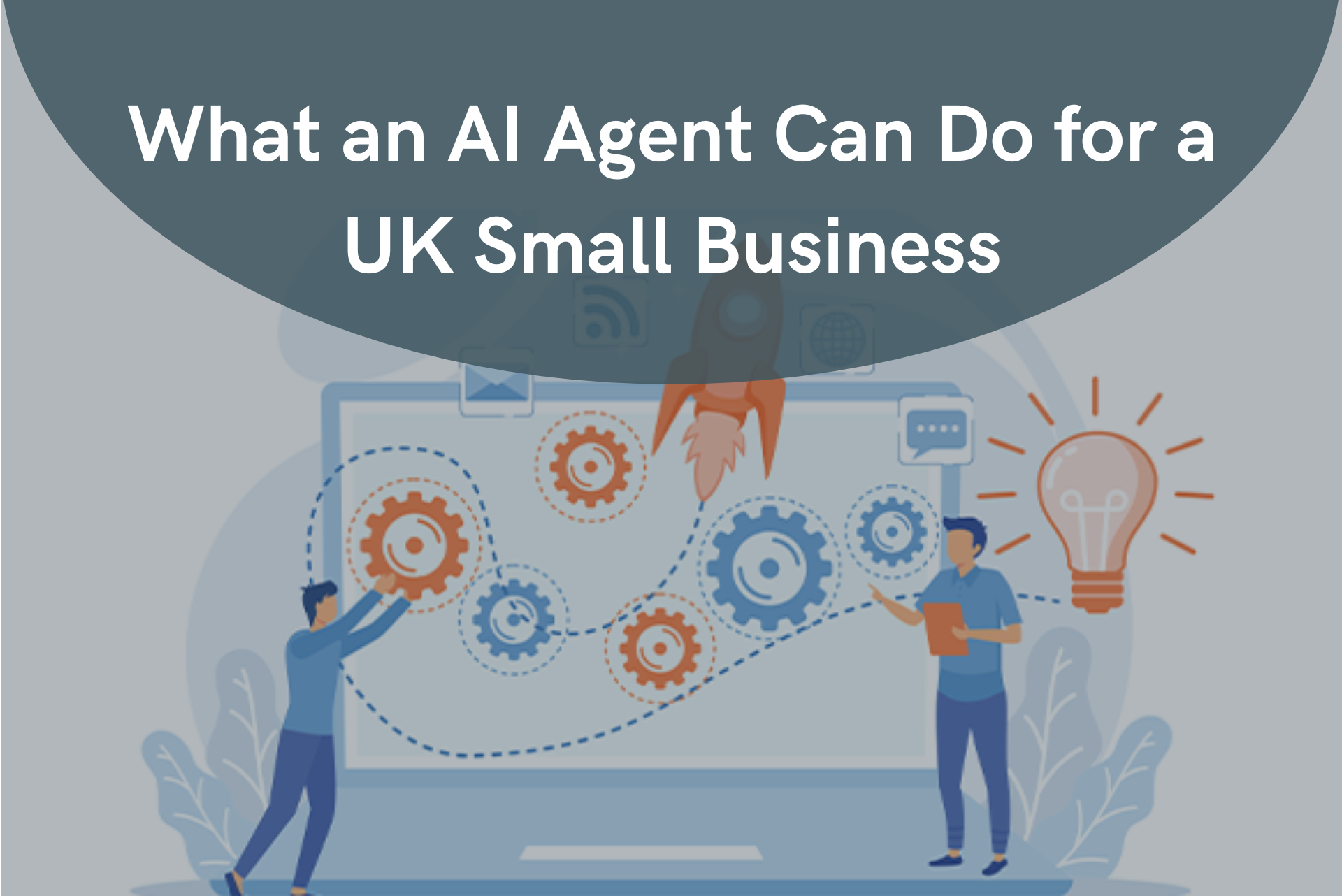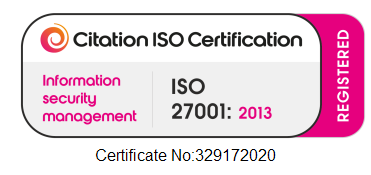Enhancing ITIL Practices with Artificial Intelligence
In today's fast-paced technological environment, organisations are continually seeking ways to enhance their IT service management (ITSM) processes. The Information Technology Infrastructure Library (ITIL) has long been the benchmark for ITSM, offering a comprehensive framework for delivering high-quality IT services. At Cranborne Technology, we believe that integrating Artificial Intelligence (AI) into ITIL practices can transform the way organisations manage their IT services, leading to increased efficiency, reduced costs, and improved customer satisfaction.
The Role of ITIL in IT Service Management
ITIL provides a set of best practices for ITSM, focusing on aligning IT services with business needs. It encompasses various aspects of IT service management, including service strategy, service design, service transition, service operation, and continual service improvement. By adhering to ITIL guidelines, organisations can ensure their IT services are reliable, efficient, and aligned with business objectives.
How AI Enhances ITIL Practices
- Incident Management: AI-powered tools can significantly improve incident management by automating the detection and resolution of issues. Machine learning algorithms can analyse historical incident data to predict and prevent future incidents, reducing downtime and enhancing service availability.
- Problem Management: AI can help identify the root causes of recurring problems by analysing large volumes of data from various sources. This enables IT teams to implement permanent solutions, rather than repeatedly addressing the same issues.
- Change Management: AI can streamline change management processes by assessing the potential impact of proposed changes and predicting the likelihood of success. This helps organisations make informed decisions and minimise the risk of disruptions.
- Service Desk Automation: AI-driven chatbots and virtual assistants can handle routine service desk tasks, such as password resets and ticket routing, freeing up human agents to focus on more complex issues. This leads to faster response times and improved customer satisfaction.
- Capacity and Performance Management: AI can optimise capacity and performance management by analysing usage patterns and predicting future demand. This allows organisations to proactively allocate resources and avoid performance bottlenecks.
- Continual Service Improvement: AI can continuously monitor and analyse IT service performance, providing insights and recommendations for improvement. This enables organisations to make data-driven decisions and continuously enhance their IT services.
The Future of ITIL and AI
As AI technology continues to advance, its integration with ITIL practices will become increasingly sophisticated. At Cranborne Technology, we are committed to staying at the forefront of this evolution, leveraging AI to enhance our ITSM processes and deliver exceptional value to our clients. By embracing AI, organisations can not only improve their IT service management but also gain a competitive edge in the digital age.
Written by
Gary Hobbs
Chief Information Officer




